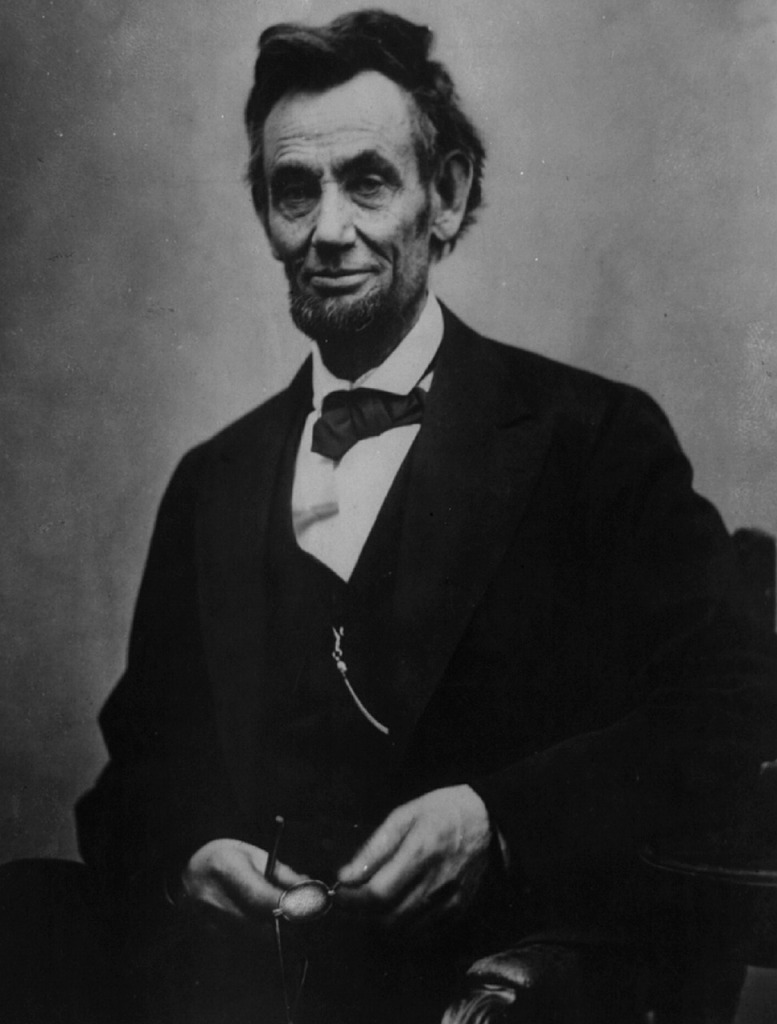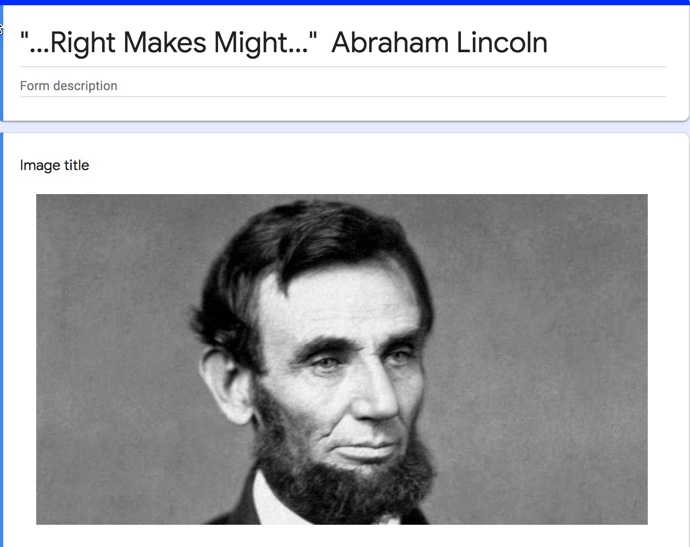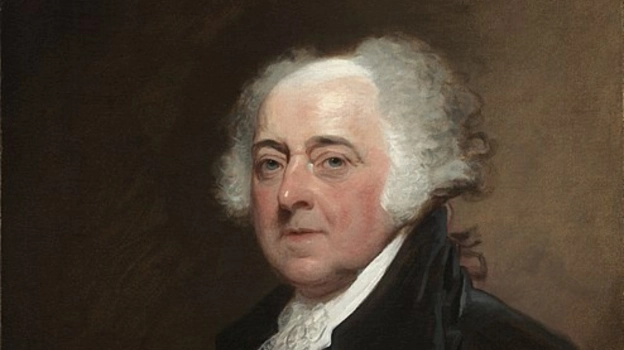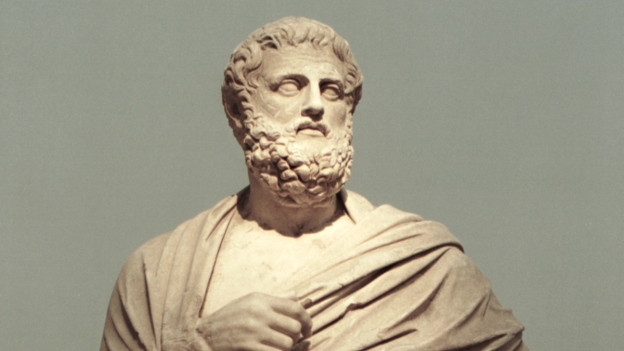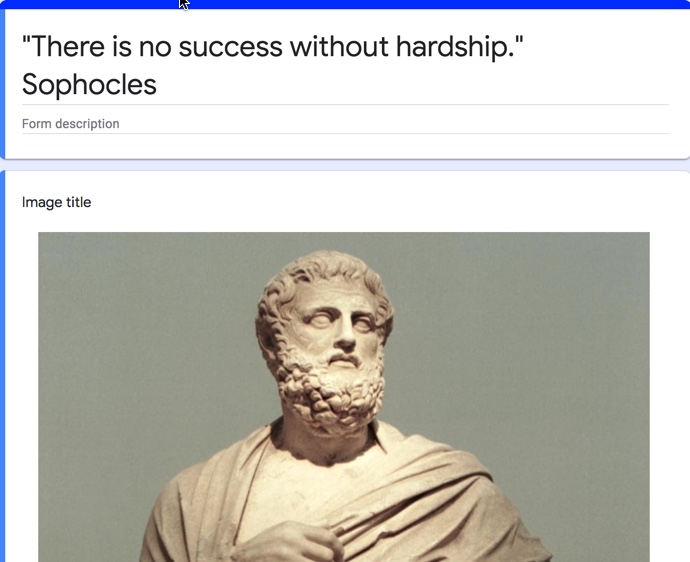(Here are 16 argument essay prompts for the AP gov exam and sample prompts for the Supreme Court comparison FRQ)

Should the government play an active role in the censorship of social media?
Once tensions subside enough to have a reasoned discussion, there’s an opportunity to take on the issue of media censorship. Individual companies like Twitter are taking immediate action to censor speech. Those companies are not obligated to protect 1st Amendment freedoms in the same way government must when it passes laws. Undoubtedly, there will be growing calls for the government to take a more active, regulatory role instead of relying on these private companies to do it on a case-by-case basis.
Check out this argument essay prompt:
Following the models I’ve seen from the College Board, I tried to write this prompt in a way that doesn’t lean one way or the other but simply puts the issue out there. Feel free to edit as you wish given the unique sensibilities of your students. I think this prompt could be a really good way for the kids to explore important government terms and concepts in the context of the three founding documents featured in the prompt (Federalist #10, #51 and the Constitution):
The First Amendment (Constitution)
The danger of factions (Federalist #10)
Representative democracy versus direct democracy (Federalist #10)
Checks and balances (Federalist #51)
Congressional oversight (Constitution)
If you’re looking for more AP argument essay samples, there are more than a dozen HERE
Other posts you may like:
“Your silence will not protect you.” Audre Lorde
“The Supreme Art of War is to Subdue the Enemy without Fighting.” Sun Tzu

